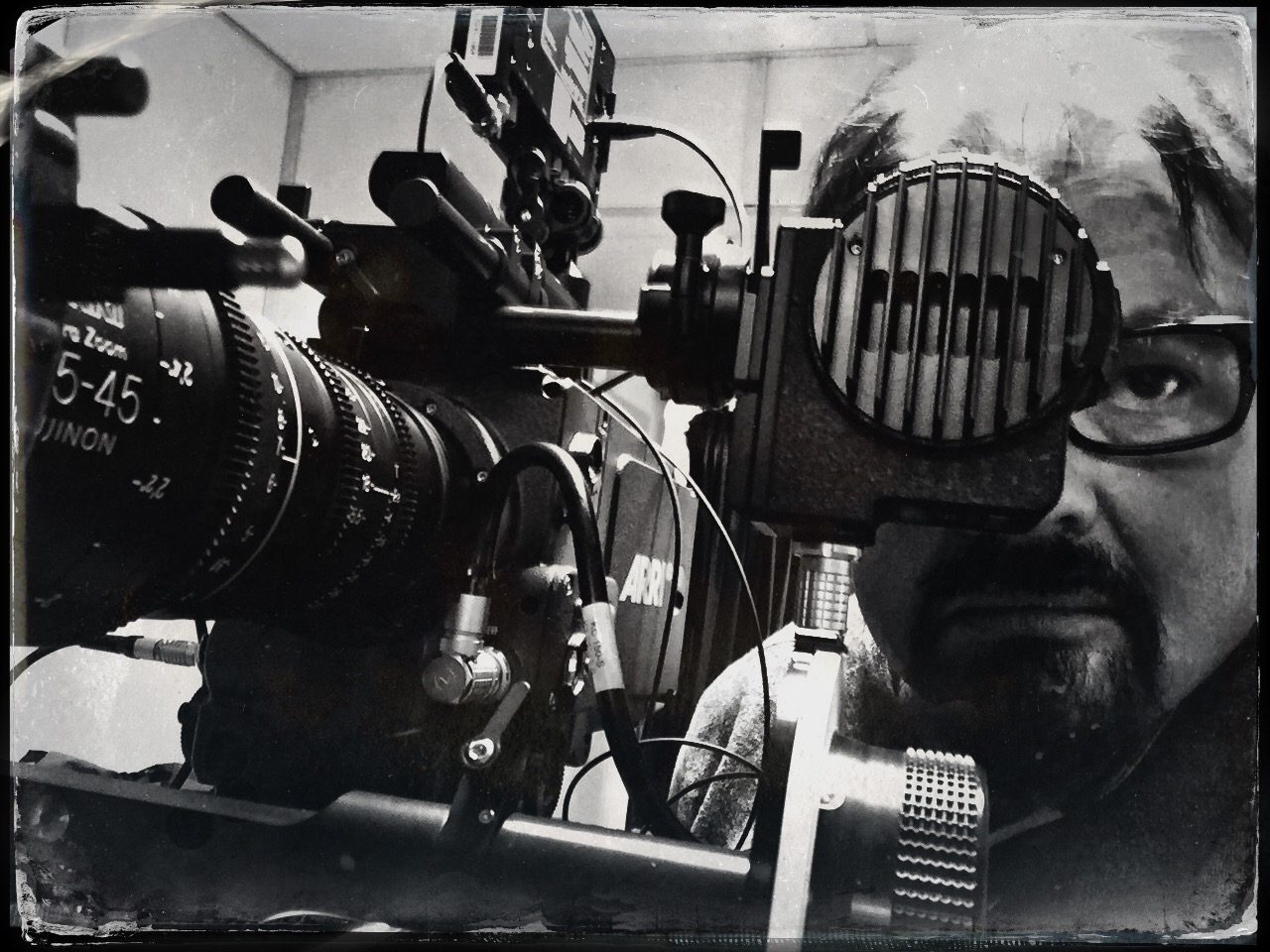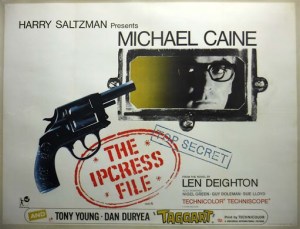Prosthetic Memory
Prosthetic Memory, one of the most important concepts of memory is the acceptance that memory is mediated, we construct memories rather than recall a past event inexactitude. These memories are constructed from our senses, like looking back to the past by watching a blurred and silent Super 8 movie. As Sprengnether the poet, memoirist, and literary critic quotes Freud by arguing that memory is constructed. In reference to Freud’s “Screen Memories “, “Memory, according to both Freud and Schacter, Is a shapeshifter, constantly revising itself under the pressures of self-censorship (Freud) and/or the changing ground of life experience (Schacter)”. (Sprengnether, 2012: 232)
As my research progresses deeper into the conceptualisation of memory in film, I explored the idea of prosthetic memories as memories of events not directly experienced by the individual but obtained using mass media. I determined that there were many forms of mass media that could create prosthetic memories for example novels and photographs, but primarily concentrated my research on the mass media, cinema, and film. Considering the case studies, across different film genres it becomes apparent that the terminology used for memory was insufficient and needed to be expanded upon to define the variances of memory conceptualisation in films. For example, the term false memories definition was expanded upon to integrate the concept for the imprinting of memories using brainwashing techniques. Genetic memory while still, an open point of debate in the medical world appeared to perfectly describe the transfer and eventual emergence of memories from a human host to a bioengineered lifeform that is cloned.

Examples of bioengineered lifeforms becoming functionally aware with memories of the genetic material donor, developing abilities to do things without knowing where these memories and life experiences were coming from. Then the term synthetic memories seemed to appropriately describe manufactured memories used to imprint the memories in replicants as in the films Blade Runner, and prosthetic memories of life experiences not lived, for example, a memory of a vacation on Mars in Total Recall. The discussion around prosthetic memories then introduced second-order memories where the protagonist wore two sets of memories and therefore two separate identities. The spy with the second set of memories could be triggered by a key phrase switching to the second level memories and the false identity created through brainwashing.
There’s still an unresolved issue with the use of audio and visual images of the protagonist who is revealed engaged in events set in the past but who has no memory of. This event from the past is shown through a visual recording of the protagonist talking to a future version of themselves. The term visual memories do not truly define this concept, however, the term visual recorded memories appear closer to a true description of this form of memory recall.

The concept of prosthetic memory feeds directly into the next chapter on collective memory. The use of mass media to form memories in a collective audience, while not all will have the same experience or memory they will acquire memories, the collective memory of events delivered through the uniqueness and privileged environment of the cinema.
Bibliography
Anon (2017) Ghost in the Shell (2017) – Quotes – IMDb. Available at: https://www.imdb.com/title/tt1219827/quotes?ref_=tttrv_sa_3 (Accessed: 21 January 2020).
Bordwell, D. (2006) The Way Hollywood Tells It. University of California Press.
Burgoyne, R. (2003) ‘Memory, history and digital imagery in contemporary film’, in Grainge, P. (ed.) Memory and popular film.
‘Enterprise’ Similitude (TV Episode 2003) – IMDb (no date). Available at: https://www.imdb.com/title/tt0572236/?ref_=ttep_ep10 (Accessed: 7 March 2021).
Evans, J. (2011) Top 5 Sci-Fi Movies About Cloning. Available at: https://sciencefiction.com/2011/12/08/top-5-sci-fi-movies-about-cloning/ (Accessed: 7 February 2021).
Gateward, F. (2004) Genders OnLine Journal – Presenting innovative theories in art, literature, history, music, TV and film., Genders Online Journal. Available at: https://cdn.atria.nl/ezines/IAV_606661/IAV_606661_2010_51/g40_gateward.html (Accessed: 17 February 2021).
Grainge, P. (2018) ‘Memory and popular film’, in Memory and popular film. doi: 10.1111/j.1537-4726.2004.141_16.x.
Hayward, S. (2018) Cinema Studies The Key Concepts. Fitth, Book. Fitth.
Hiatt, B. (2003) Answers to ‘“Matrix Reloaded”’ burning questions | EW.com. Available at: https://ew.com/article/2003/05/23/answers-matrix-reloaded-burning-questions/ (Accessed: 6 February 2021).
Kilbourn, R. (2019) ‘RE-WRITING ” REALITY “: READING ” THE MATRIX ” Author ( s ): RUSSELL J . A . KILBOURN Source : Revue Canadienne d ’ Études cinématographiques / Canadian Journal of Film Studies , Published by : University of Toronto Press Stable URL : https://www.jstor.or’, 9(2), pp. 43–54.
Landsberg, A. (2004) Prosthetic Memory : The Transformation of American Remembrance in the Age of Mass Culture. New York: Columbia University Press. Available at: http://search.ebscohost.com/login.aspx?direct=true&db=nlebk&AN=107227&site=ehost-live&authtype=ip,shib&user=s1523151.
Landsberg, A. (2016) ‘Prosthetic Memory: Total Recall and Blade Runner’, Body & society. SAGE Publications, 1(3–4), pp. 175–189. doi: 10.1177/1357034×95001003010.
Lopes, M. M., Ncc, I. and Bastos, P. B. (2019) ‘Memory ( Enhancement ) and Cinema : an exploratory creative overview’.
Lury, C. (2013) Prosthetic Culture, Prosthetic Culture. doi: 10.4324/9780203425251.
Opam, K. (2017) Ghost in the Shell review: a solid film built on a broken foundation – The Verge. Available at: https://www.theverge.com/2017/3/29/15114902/ghost-in-the-shell-review-scarlett-johansson (Accessed: 21 January 2020).
Radstone, S. (2010) ‘Cinema and memory’, in Memory: Histories, Theories, Debates. Fordham University Press, pp. 325–342.
Radstone, S. and Hodgkin, K. (2003) Regimes of memory, Regimes of Memory. doi: 10.4324/9780203391532.
Radstone, Sussanah and Schwarz, B. (2010) ‘Memory’, in Radstone, Susannah and Shwarz, B. (eds), pp. 325–342.
replicant, n. : Oxford English Dictionary (no date). Available at: https://www.oed.com/view/Entry/162877?redirectedFrom=replicant#eid (Accessed: 22 April 2020).
Rife, S. (2014) Oblivion: Trouble with Cinematic Memory – Offscreen, Offscreen. Available at: https://offscreen.com/view/oblivion-cinematic-memory (Accessed: 4 February 2021).
Ripley 8 | Alien Anthology Wiki | Fandom (no date). Available at: https://alienanthology.fandom.com/wiki/Ripley_8 (Accessed: 6 February 2021).
Schwab, G. (1987) ‘Cyborgs. Postmodern Phantasms of Body and Mind’, Discourse, 9, pp. 64–84. Available at: http://www.jstor.org/stable/41389089.
Sloat, S. (2017) False Memories in ‘Blade Runner’ Could’ve Been Solved with Science. Available at: https://www.inverse.com/article/37496-blade-runner-2049-false-memories-ryan-gosling (Accessed: 16 March 2020).
Spies Like Us: Harry Palmer, the Everyday Hero of ‘The Ipcress File’ • Cinephilia & Beyond (no date). Available at: https://cinephiliabeyond.org/spies-like-us-harry-palmer-everyday-hero-ipcress-file/ (Accessed: 1 February 2021).
Sprengnether, M. (2012) ‘Freud as memoirist: A reading of “Screen Memories”’, American Imago, 69(2), pp. 215–239. doi: 10.1353/aim.2012.0008.
Treffert, D. (2015) Genetic Memory: How We Know Things We Never Learned – Scientific American Blog Network. Available at: https://blogs.scientificamerican.com/guest-blog/genetic-memory-how-we-know-things-we-never-learned/ (Accessed: 4 February 2021).
Warner Brothers (2017) Blade Runner 2049 (2017) – IMDb. Available at: https://www.imdb.com/title/tt1856101/?ref_=nv_sr_srsg_0 (Accessed: 5 May 2020).





